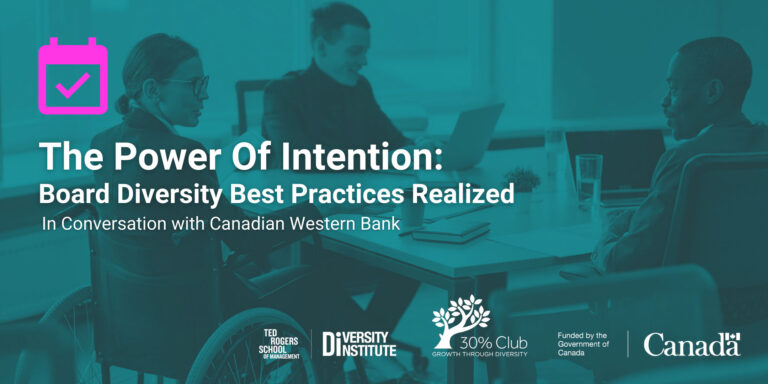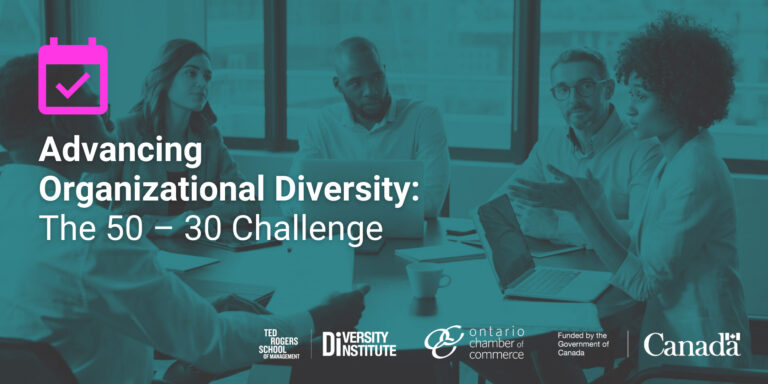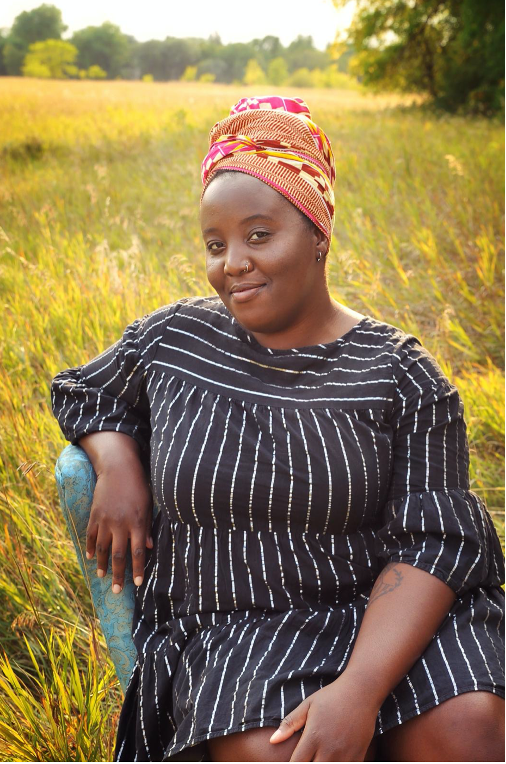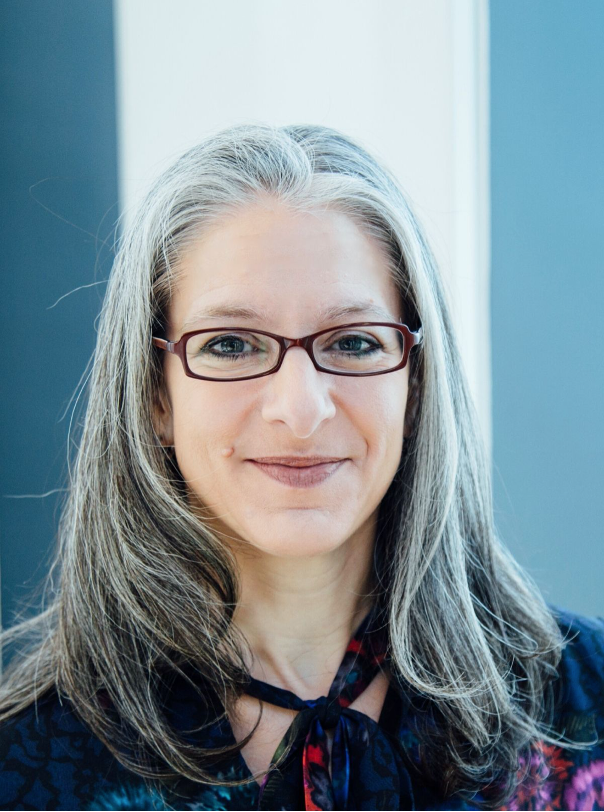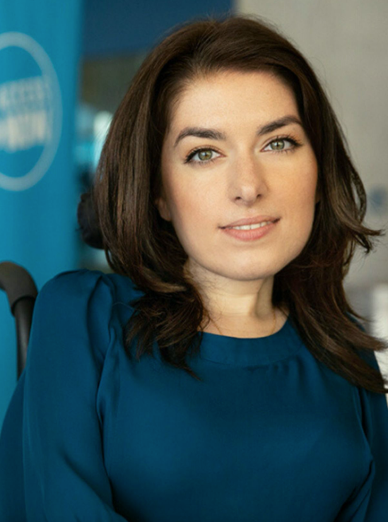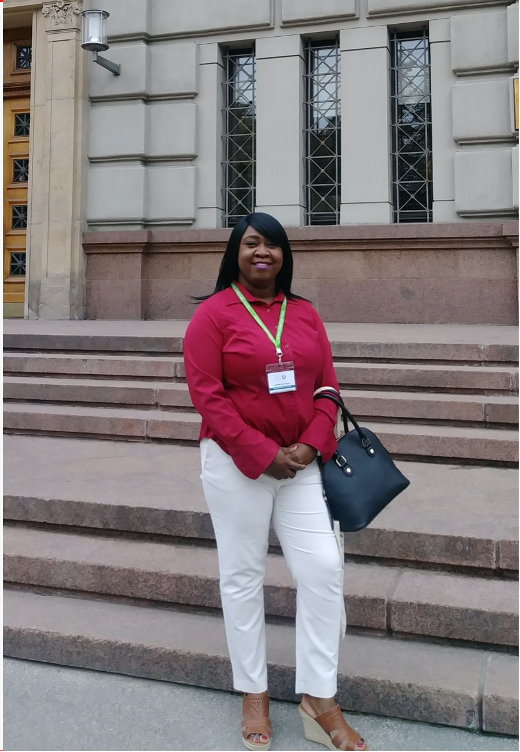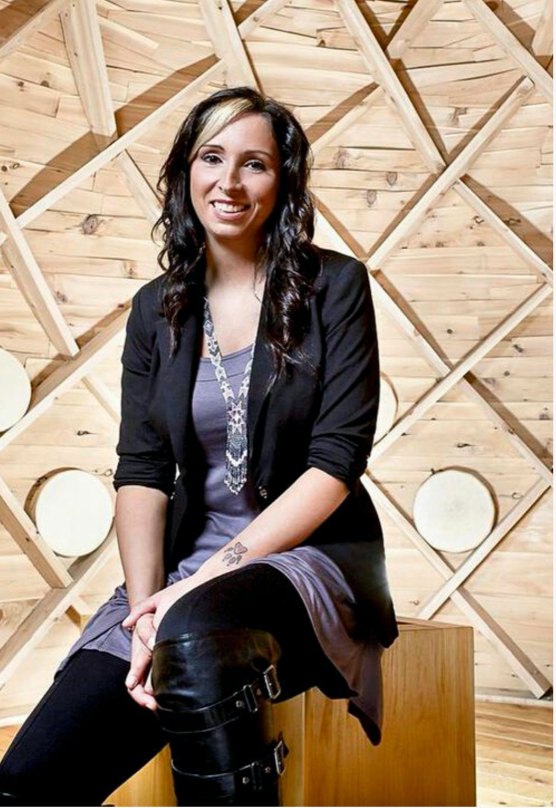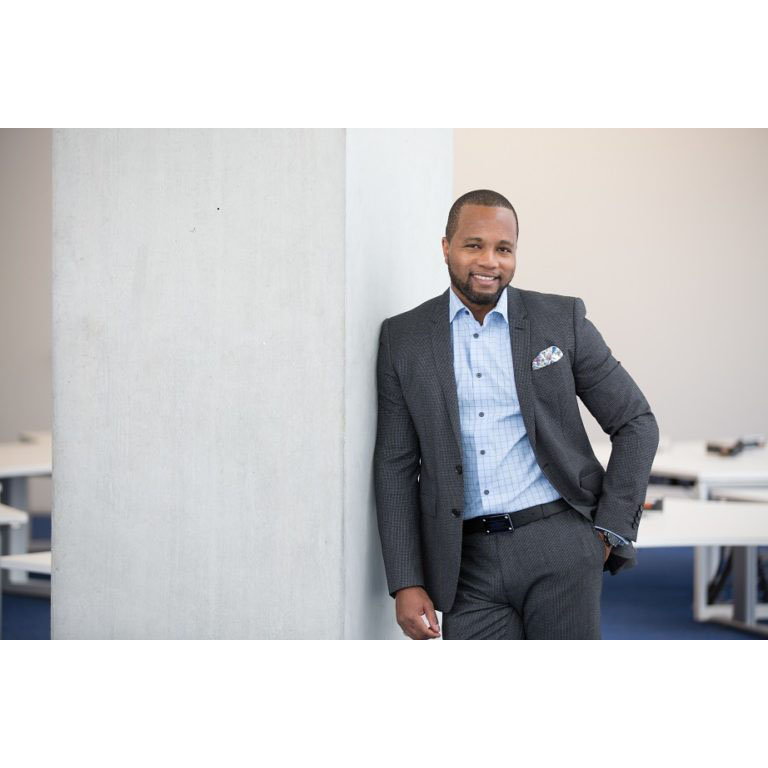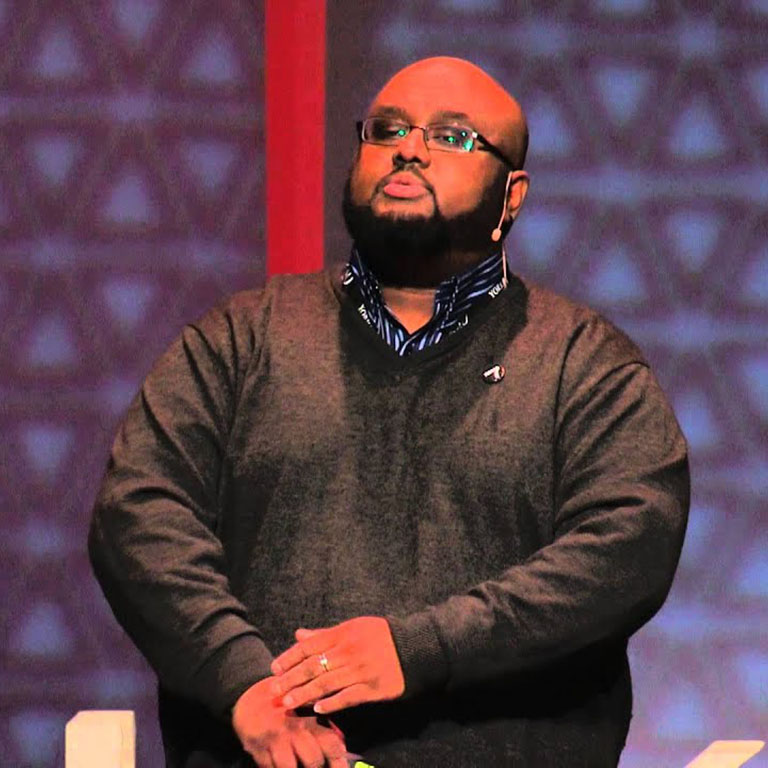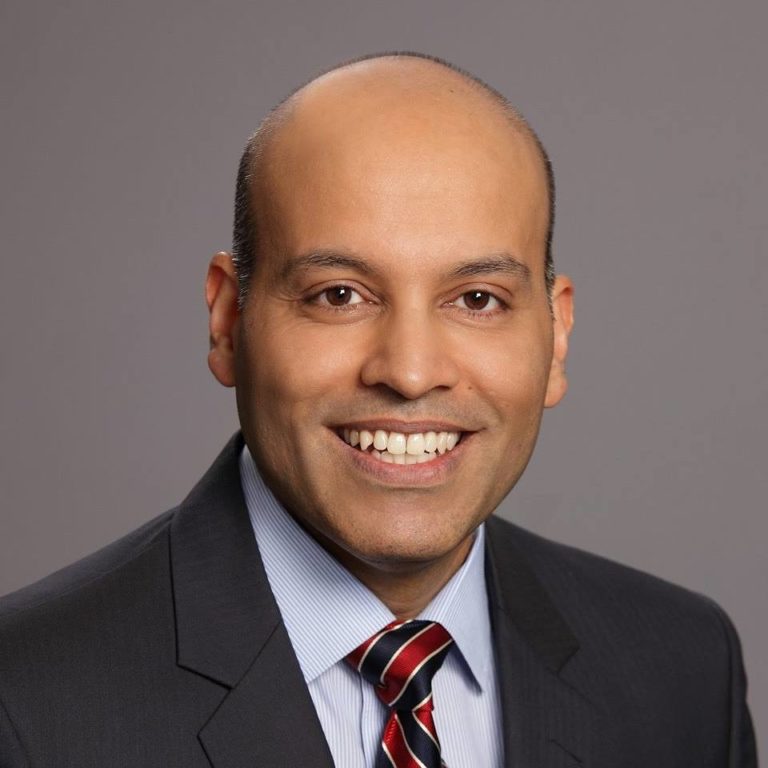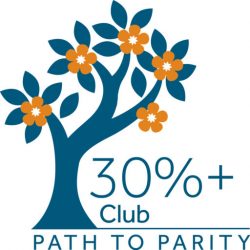Having spent 16 years as a physics professor at Simon Fraser University, Dugan O’Neil was well aware of the underrepresentation of women in academia — and was working to change it. His recent involvement with Informed Opinions, an organization committed to amplifying women’s voices in the media, is helping to end underrepresentation on an even broader scale.
By Hailey Eisen
Women currently make up just 29% of all voices quoted in the media. These numbers reflect a mere 7% shift in the past two decades, and we still have a long way to go. Informed Opinions, a Canadian non-profit organization founded by Shari Graydon, is committed to amplifying the voices of women in the media — and they’re committed to achieving gender balance by 2025.
It’s a lofty goal, and one that has already taken the combined efforts of many. Including a physics professor from Simon Fraser University (SFU), Dugan O’Neil.
His involvement began in 2017, shortly after leaving his post as Chief Science Officer with Compute Canada, an organization that accelerates research and innovation by providing advanced research computing (ARC) services and infrastructure for Canadian researchers and their collaborators. He had been named Associate Vice-President, Research at SFU, overseeing academic leadership in, and administration of, research and other scholarly activities for the university.
“I had worked closely with Kelly Nolan at Compute Canada; she was now working with Informed Opinions, and she told me about their desire to track women’s voices in the media, in real-time,” he recalls. The project seemed doable from a high-performance computing perspective and peaked Dugan’s interest. “I’ve always lived my life with a firm belief of equality, and this would be an opportunity to actively support those beliefs.”
He took the proposal back to SFU in search of a researcher who would champion the project and push it forward. “Maite Taboada, a professor in the Department of Linguistics and the Director of the Discourse Processing Lab, stepped forward with an interest in taking this on,” Dugan recalls.
The project began in earnest in early 2018 and was officially launched in February 2019 at an Ottawa eventfeaturing The Honorable Maryam Monsef, Minister for Women and Gender Equality, and Dr. Joy Johnson, Vice President, Research and International, Simon Fraser University, and sponsored by 30% Club Canada and 30% Club members, Osler and Teck. The resulting tool, The Informed Opinions’ Gender Gap Tracker, was developed by the university’s big data technical team, the Discourse Processing Lab, and is hosted by SFU’s Research Computing Group. It measures the ratio of female to male sources quoted in online news coverage across some of Canada’s most influential national news outlets, and provides the real-time results which are showcased on the website.
“I set things in motion and then stepped back — but in the meantime, I was asked to join the Informed Opinions board and I became the Gender Gap Tracker guy.” It’s an unofficial title Dugan wears with pride. “The tracker’s primary purpose is to measure what gender representation looks like in the media,” Dugan explains. “If you don’t know how you’re doing, you’ll never know if you’re improving.”
Along with tracking data, Informed Opinions works to motivate and train women experts to make their ideas more accessible to a broader audience, offering dynamic and interactive workshops, presentations, and professional editing support. They’ve also developed adatabaseof expert women who are available for inquiries from journalists, producers, conference planners, recruiters and research collaborators.
“We are working to move the needle even further — our equity, diversity and inclusion (EDI) efforts are tackling everything from the pipeline to pay equity, and are guided by open dialogue.”
The database currently features a range of expertise covering almost every industry and profession with more than 900 women represented. Going forward the organization is working to grow this database, encouraging women who have the capacity to add value through written commentary and media interviews to add their name. They’re also looking for nominations of women who would make great contributors, and encouraging others to leverage the database to find expert speakers for events, research and communications. For journalists, the hashtag #HerInformedOps can also be used to get leads for expert sources.
“This is the most coherent and complete approach I’ve seen so far to tackling this issue,” says Dugan.
From an academic perspective, he can see why the work of Informed Opinions is so important — and it’s aligned with the university’s own mission of knowledge mobilization. “SFU employs experts, many of whom will be engaging with media to mobilize the knowledge they produce,” he says. “We are also an organization that trains the next generation of experts, who need these positive role models.”
Having spent most of his career in the world of computing and physics, he’s no stranger to the underrepresentation of women. SFU is committed to attracting more young women to the department — beginning with elementary and high school outreach programs. “We all want to see change, but have a limited pool of applicants to choose from,” he says. “That’s why our approach is to reach out to girls before they get to us and give them an opportunity to explore physics.”
Dugan is also aware of the need for increased gender parity in research and academics overall. “At SFU, 28% of full time Professors are female, 37% of Associate Professors are female, and 48% of Assistant Professors are female,” he says, noting the trend is moving in the right direction. “We are working to move the needle even further — our equity, diversity and inclusion (EDI) efforts are tackling everything from the pipeline to pay equity, and are guided by open dialogue.”
Dugan’s own portfolio includes creating and implementing an EDI action plan for externally funded research chairs and awards, including the Canada Research Chairs. “A big part of this plan is centred on data and information sharing, transparency in how positions are allocated, hiring processes, and the like. It represents a big change in the way we work.”
And his work is continuing with Informed Opinions — which is beginning to have an impact. In the two months since the launch of the Gender Gap Tracker, the ratio of women’s voices in Canadian media has reflected brief spikes of improvement. Several of the news media being monitored have invited Shari into their newsrooms, and committed to tracking their own performance. Some are also are actively seeking to diversify their sources by calling on experts featured in the project’s database.
But public engagement is critical. News media play an important role in setting agendas, shaping public conversations and the policies they influence. So Informed Opinions, as well as Dugan and the team of SFU researchers who created and continue to refine the digital tool, are working to draw attention to the data and its implications through public presentations and media engagement. The goal is to encourage news consumers who believe in the importance of gender equity to visit the Gender Gap Tracker, notice the persistent gap, and contact the news outlets they rely on to track the gender of their sources in pursuit of more democratic public conversations.
We need more women’s voices in Canadian media — why not yours? It’s simple to add your name to the database, or nominate an expert. And as a consumer, you can make a difference by sending a message to media outlets, challenging them to do better. Organizations like Informed Opinions as well as 30% Club Canada — who supported this story as part of the men champions of change series — know that change is possible, if we all do our part.





